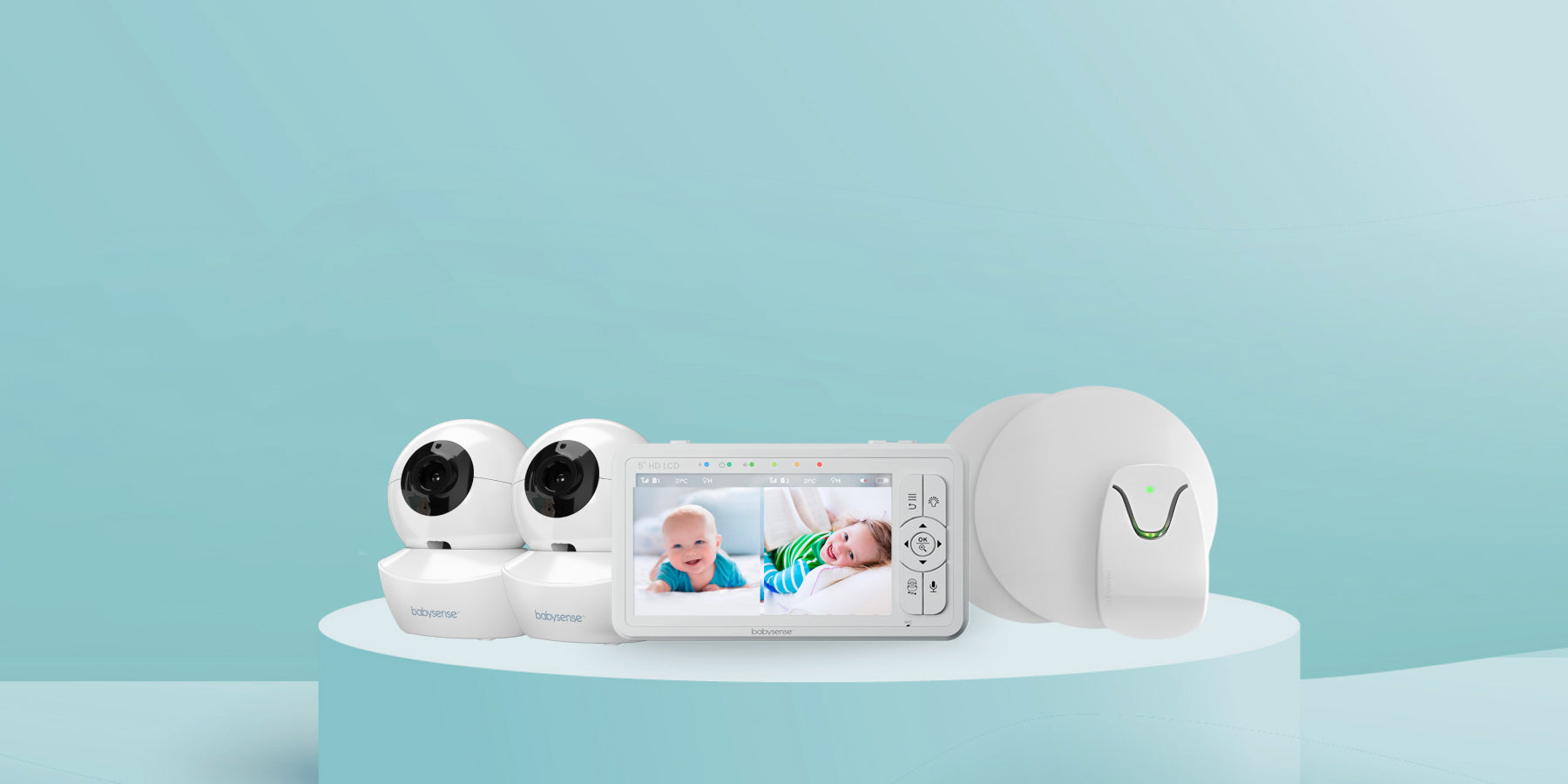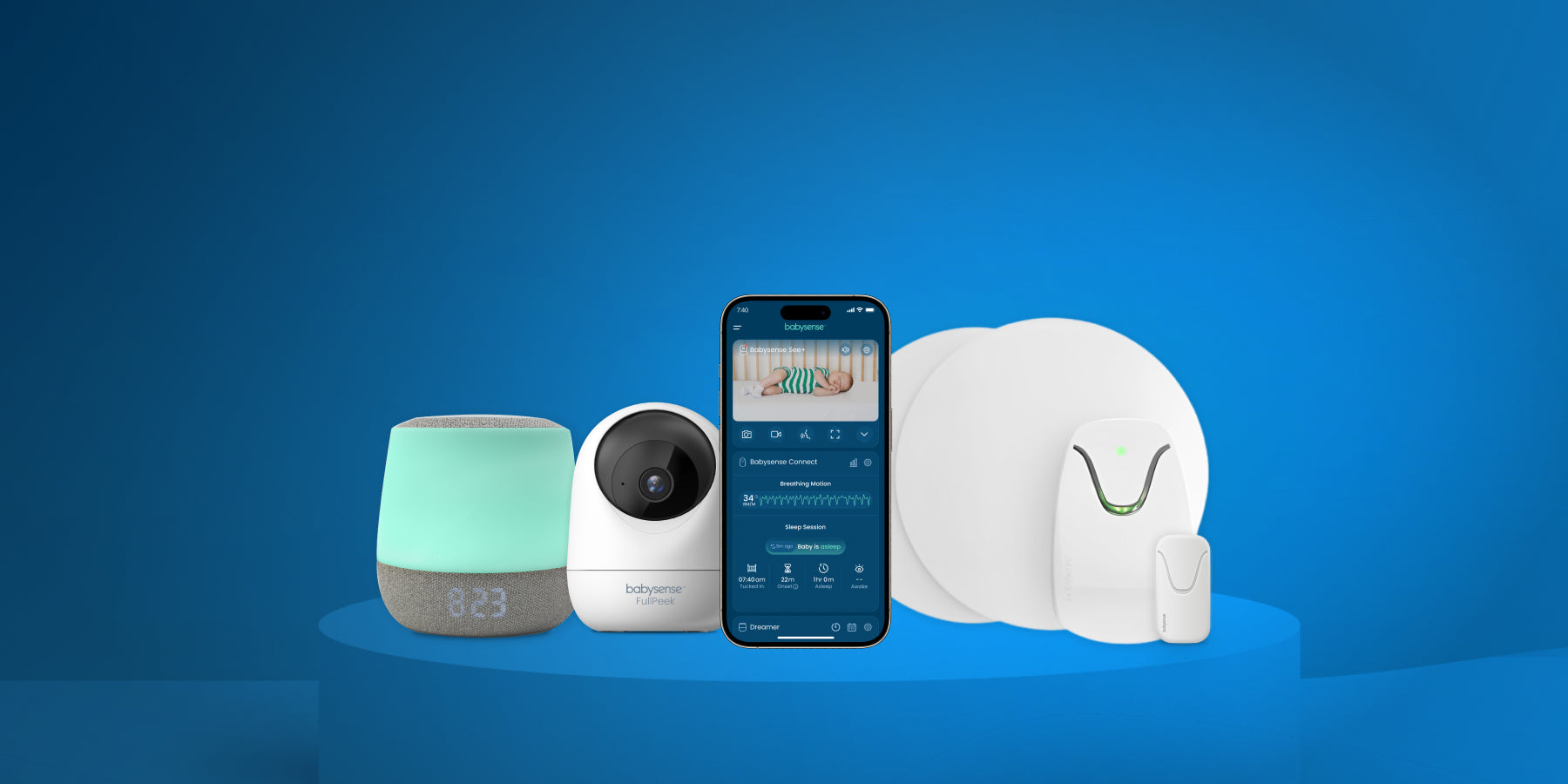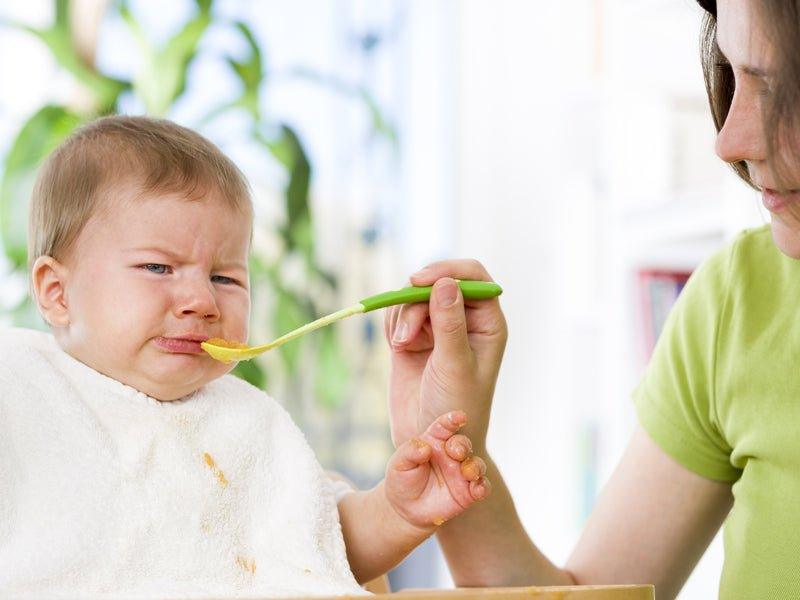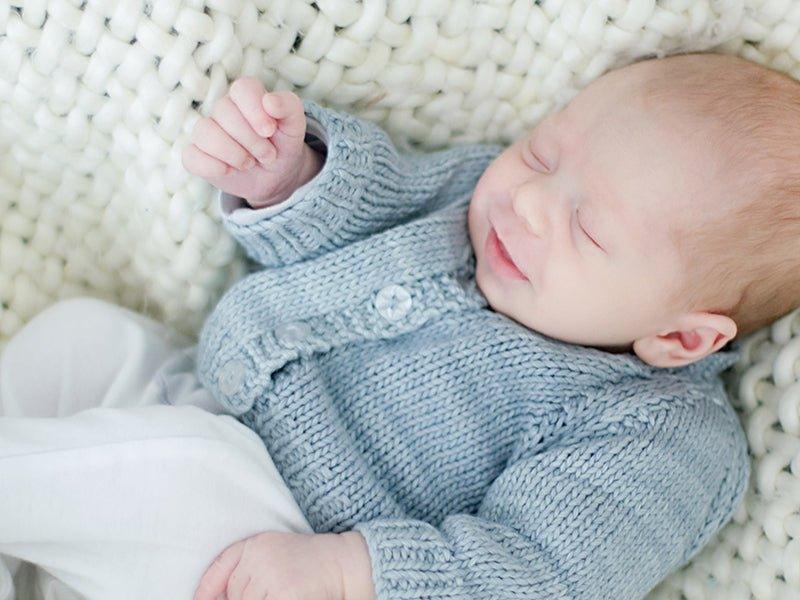The arrival of a ‘bundle of joy’ challenges most new mothers’ whole way of life. People generally expect to feel overjoyed at the wonder of having a baby and watching it grow and develop. Sometimes, however, during those first few weeks or months at home, a mother may become aware of confusing thoughts or feelings such as sadness, anger, guilt or fears of harming her baby...a silent torment because she does not feel the happiness that she expected to feel.
Postnatal distress or depression is believed to be caused by a combination of biological, emotional and social factors which are beyond the control of the new mother. It is best understood to be a state of imbalance experienced by a mother when the relentless demands of caring for her baby exceed the resources, both internal and external, that are available to her. She has no reserves left to cope with a fussy, irritable baby who may be difficult to soothe or adjust to a schedule. The way in which she sees herself, her baby, and motherhood becomes distorted. Postnatal distress can take many forms, but the most common feelings and symptoms are:
- chronic exhaustion, low energy,
- the inability to think clearly, low concentration, forgetfulness,
- tearful, sad, feeling numb, disconnected, ‘just going through the motions’
- irritable, angry, frustrated, ‘too much to do, too little time’
- resentful, oversensitive, feeling out of control, unable to cope, scared and panicky
- afraid to be alone, worried all the time, inadequate, helpless, insecure
- struggling with sleep, to eat normally, to be motivated, to be sexually intimate
- don’t feel you love your baby, or feel that you baby does not love you
- feelings of shame or guilt, ‘my baby will be better off without me’, ‘I am not a good mother’
- anxiety and fearfulness, that either harm will come to your baby or you will harm you baby or yourself.





